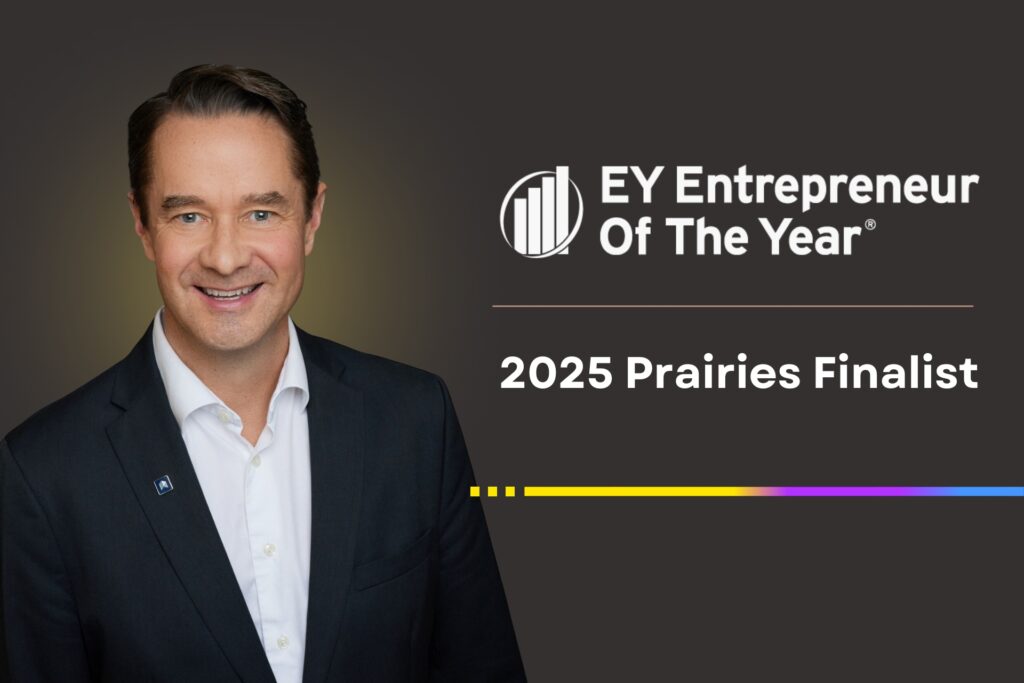Making an Impression: Top 3 Essentials Candidates Must Convey in a Job Interview
Share This Article
In the spotlight of a job interview, amidst the well-rehearsed answers and polished CVs, the candidate’s true essence stands — an amalgamation of their skills, values, and potential. While the specifics of what employers seek can vary, there are universal qualities that candidates should aim to convey.
It’s not just about presenting qualifications or past experiences; it’s about showcasing character, potential, and the unique blend of qualities that make one stand out. Let’s unpack the top three essentials that can set a candidate apart.
1. Authenticity and Integrity
In the digital age, where the line between the real and the virtual often blurs, standing firm in one’s authenticity is more crucial than ever. But how can this authenticity be reflected in a job interview setting?
- Genuine Responses: Preparing for common questions is wise, but overly rehearsed answers can sound robotic and detached. Authentic responses emerge from personal experiences and genuine reflections. For instance, when discussing challenges, candidates could speak about an actual project where they faced unexpected hurdles, emphasizing not just the problem but their feelings, thought processes, and the lessons that emerged from the experience.
- Honesty About Skills: Exaggeration can lead to unmet expectations down the line. Candidates should be upfront about their skill levels, ensuring the employer gets a clear picture. However, it’s not about underselling oneself either. If there’s a skill or area one is not proficient in, discussing steps they’ve taken or plan to take to address that gap can display proactiveness and sincerity.
2. Adaptability and Eagerness to Learn
The rapid pace of today’s world means that what’s relevant today might be obsolete tomorrow. How can candidates demonstrate their adaptability in this ever-changing landscape?
- Embrace Evolving Role Dynamics: Candidates can discuss instances where their role underwent significant changes, requiring them to adapt. This could be due to technological advancements, team restructuring, or market demands. Their focus should be on their response to these changes, how they embraced new methodologies, and the outcomes of their adaptability.
- Continuous Learning: A static skill set in a dynamic world can hinder progress. Candidates should highlight their commitment to learning. This doesn’t mean just formal education; it can be online courses, seminars, self-driven research, or even mentorship experiences. Demonstrating an eagerness to grow showcases both humility and drive.
3. Cultural Compatibility and Team Dynamics
Every organization has a unique heartbeat, its culture. How can candidates show they not only understand this culture but can also resonate with it?
- Research and Align: There needs to be more than a cursory glance at the company website. Candidates should delve into company blogs, employee testimonials, or press releases. This deeper understanding can help them align their responses to the company’s ethos. For instance, if a company prioritizes sustainability, candidates could discuss personal or professional initiatives they’ve taken in this domain.
- Team Player: Technical skills can be taught, but interpersonal dynamics are trickier. Candidates should provide insights into their team experiences. How have they handled disagreements? Can they give examples of when they went above and beyond for a team project? Sharing instances where they may have led a team, even informally, can also indicate leadership potential and team commitment.
A successful job interview is a two-way street. While employers assess candidates’ suitability, candidates have the unique opportunity to present their best selves. By focusing on authenticity, adaptability, and cultural compatibility, candidates can ensure they answer the questions and convey the intangible qualities that truly matter.




